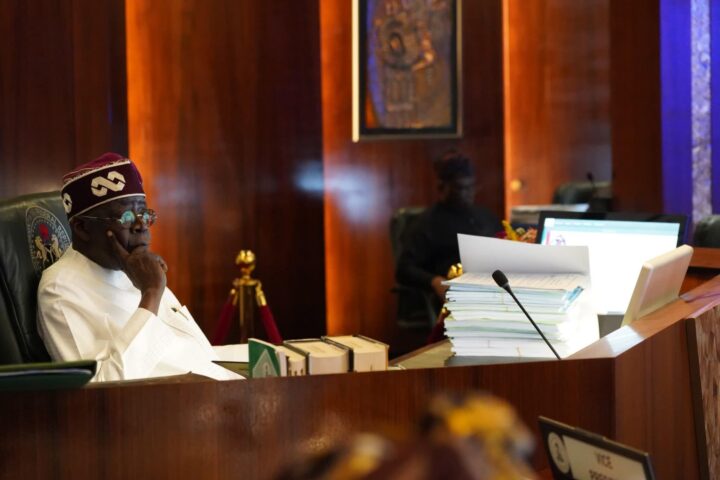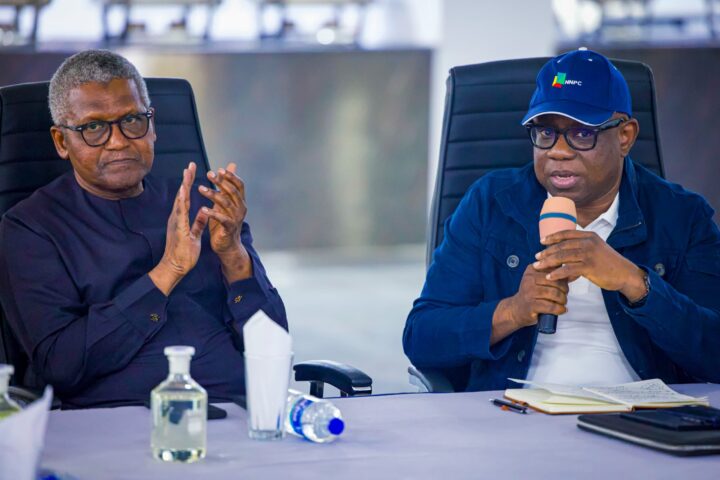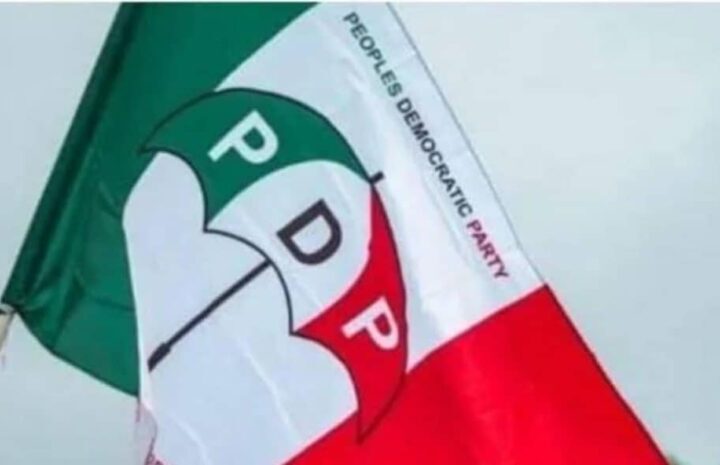The Deputy Speaker of the House of Representatives, Benjamin Kalu says the Petroleum Industry Act(PIA) has attracted over $16 billion in investment commitments to Nigeria.
The act,he also said, has reignited investor confidence in Nigeria’s oil, gas sector, and spurred growth across the value chain.
He spoke on Monday at the General Counsel and Legal Advisers Forum organised by the Nigerian Midstream and Downstream Petroleum Regulatory Authority (NMDPRA).
The Deputy Speaker, represented by Hon. Ikenga Imo Ugochinyere, Chairman of the House Committee on Petroleum Resources (Downstream), said the Act has repositioned Nigeria’s petroleum industry for greater transparency, efficiency, and sustainability.
“The PIA is more than just a law; it is a catalyst for change,” Ugochinyere said. “It has not only streamlined our regulatory structure by establishing the NUPRC and NMDPRA but has also enhanced operational efficiency, improved corporate governance, and reinforced environmental oversight.”
He highlighted the National Assembly’s legislative oversight role in ensuring the full implementation of the Act, stating that the legislature remains committed to refining policies, reviewing outcomes, and engaging with stakeholders for a more dynamic and responsive petroleum framework.
“Since the enactment of the PIA, Nigeria’s oil production has rebounded, regulatory compliance has improved, and revenue collection has significantly increased. These are not coincidences, they are results of sound legislation backed by political will,” he said.
He also expressed the positive impact of the Host Communities Development Trust provision, which earmarks a portion of oil revenues for development in oil-producing areas.
“We are already seeing signs of reduced restiveness and growing trust in host communities, thanks to the inclusive benefit-sharing mechanisms enshrined in the PIA,” he added.
Speaking on the legislative priorities moving forward, the Deputy Speaker outlined a 20-year vision for the sector, including deeper digital monitoring, accelerated gas development, energy transition, and technological innovation.
“We want Nigeria to be seen not just as an oil-producing nation, but as an energy technology hub competing on the global stage. That journey starts with legal and regulatory certainty,” he said.
He also underscored the importance of legal practitioners in the successful implementation of the Act. “We need our lawyers to be more than just interpreters of the law. They must be partners in reform, actively participating in working groups, public hearings, and structured regulatory reviews,” he said.
On the scourge of oil theft, he described it as a “clear and present danger to Nigeria’s economy,” and assured that the National Assembly is taking decisive action.
“We have established a dedicated committee, strengthened collaboration with national security and regulatory agencies, and increased funding to security outfits. Oil theft must be confronted with coordinated institutional force,” he declared.
Speaking at the event, the Authority Chief Executive of NMDPRA, Engr. Farouk A. Ahmed, called for enhanced synergy between legal experts and regulators to sustain a culture of compliance in the petroleum sector.
“Compliance is not a burden, it is the bedrock of sustainable operations. Without it, we risk undermining safety, environmental integrity, and market stability,” Ahmed added.
He emphasized the Authority’s efforts to simplify regulatory processes, eliminate bottlenecks, and boost the ease of doing business, saying: “We are streamlining our regulations to encourage investment, reduce bureaucracy, and ensure fairness across the board.”
Ahmed further urged participants to contribute legal and policy insights that would strengthen Nigeria’s regulatory framework and keep it globally competitive.
“This forum is a platform for shared learning and strategic dialogue. We welcome your recommendations as we strive to build a petroleum industry that reflects global best practices,” he added.

















